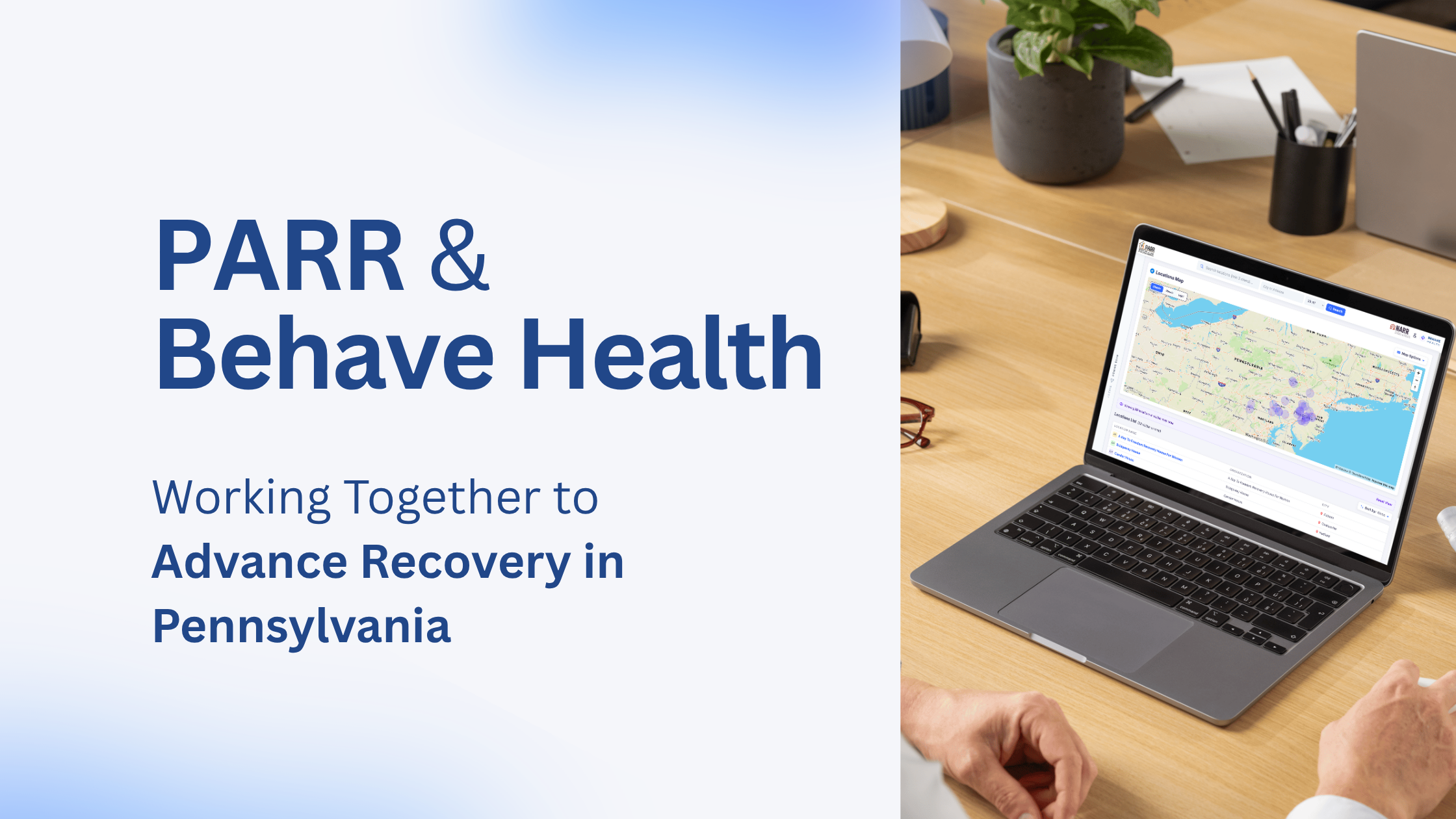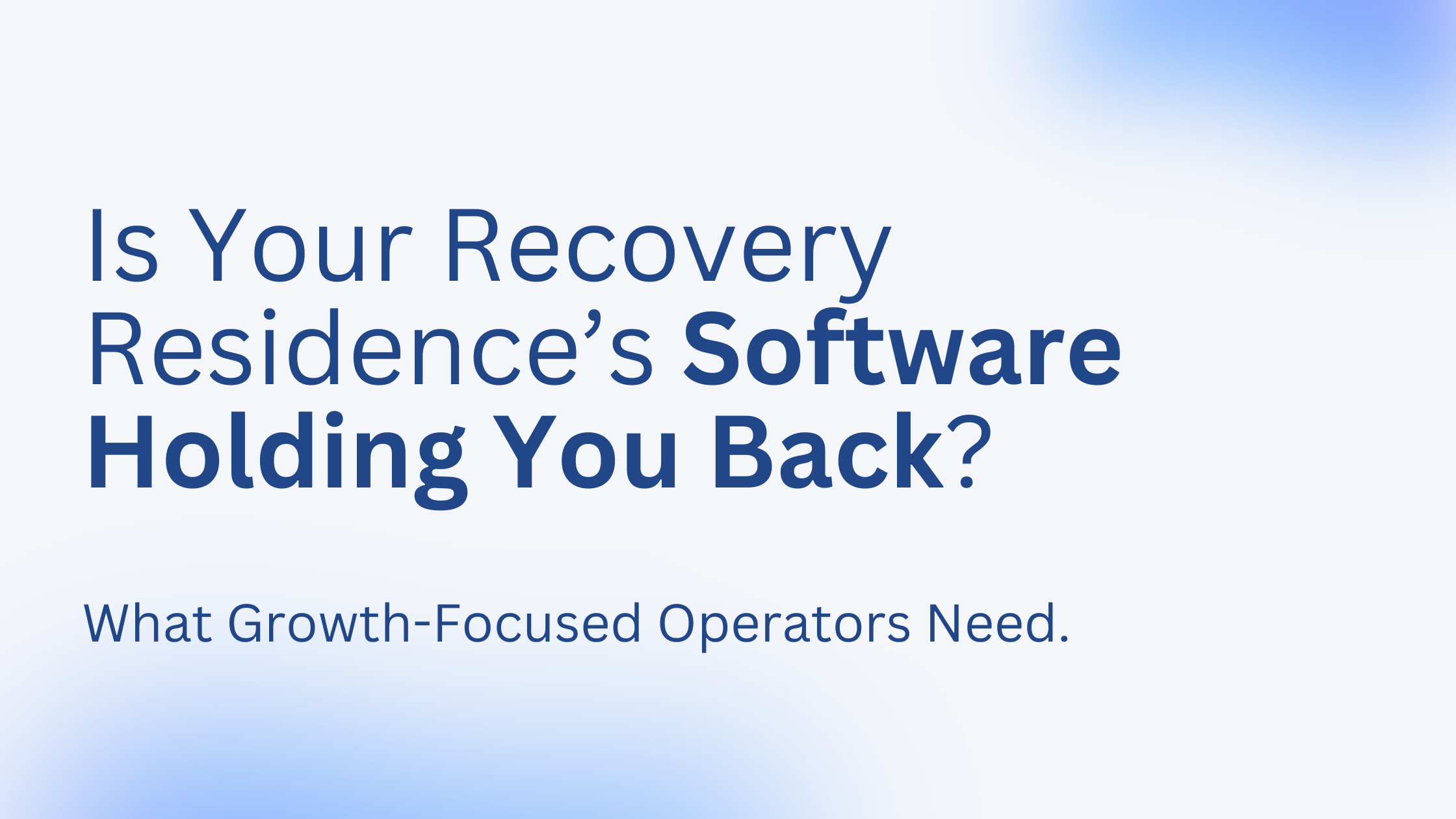Behave Health is pleased to announce a new collaboration with The Pennsylvania Alliance of Recovery Residences (PARR) focused on strengthening the standards, operational support, and innovation that power Pennsylvania’s recovery residences. This collaboration reflects a deep, shared commitment to the safety, dignity, and growth of residents and operators statewide.
Leading the Way: Setting Pennsylvania’s Recovery Housing Standard
As Pennsylvania’s affiliate of the National Alliance for Recovery Residences (NARR), PARR is the recognized leader in certifying and supporting recovery residences throughout the Commonwealth. PARR’s rigorous certification process and best-practice training help ensure that recovery homes remain safe, healthy, and supportive environments for those healing from substance use disorder. PARR’s standards create consistency, accountability, and community—benefiting residents and operators alike.
Behave Health empowers recovery residence operators with technology that streamlines documentation, supports compliance, and automates critical workflows. By leveraging Behave Health’s digital platform, providers can spend less time on administrative tasks and more time focusing on quality care, engagement, and long-term outcomes for their residents.
Empowering Communities, Improving Outcomes
This collaboration is all about practical support, helping increase visibility of Pennsylvania’s recovery residences who deliver the highest level of care while meeting evolving standards and requirements. Through ongoing access to technology, PARR and Behave Health are helping to ensure that every certified home remains a place of hope, safety, and opportunity.
Looking Forward: A Stronger Recovery Housing Future
In the coming months, recovery residence operators across Pennsylvania can expect more opportunities for strengthened practices. Together, PARR and Behave Health are working to ensure that the entire field of recovery housing remains a vibrant, consistent, and life-changing asset for Pennsylvania’s communities.
Stay tuned for future updates as this collaboration continues to expand access, raise standards, and empower recovery housing throughout the state.
Interested in learning how Behave Health can help streamline your recovery residence operations or meet PARR certification requirements? Contact us today to get started.





